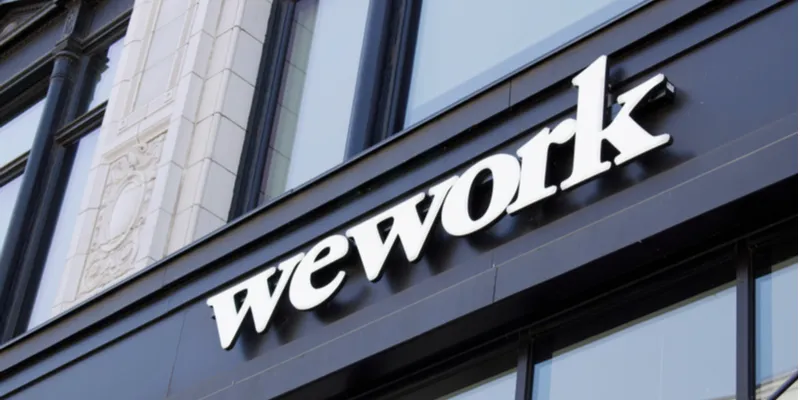SoftBank-backed WeWork to cut valuation by more than half, may postpone IPO plans
US-based coworking company WeWork is facing widespread skepticism over its business model and corporate governance, according to people familiar with the company’s listing plans.
The Wall Street Journal on Friday reported that WeWork’s parent company, We Co., was exploring a dramatic reduction in its valuation, ahead of its plans to go public. The US-based coworking company is facing widespread skepticism over its business model and corporate governance, according to people familiar with the company’s listing plans, and its recent talks with major investors.
The Journal reported that We Co. is considering putting a price tag on its initial public offering (IPO) that would value the company somewhere in the range of $20 billion, which is potentially at the low end. That is less than half of the $47 billion mark where it last raised private capital this year, making it one of the largest valuation comedowns in IPO history.

Adam Neuman, Founder of WeWork, also recently spoke to Japan’s SoftBank for an additional round of funding. But sources now say the IPO might happen with SoftBank as its anchor investor, which might buy out a major portion of the $4 billion to be raised.
Sources are also saying the IPO might be pushed to the next year.
According to data available with YourStory, there are 24 unicorns in India and the startup world has raised $49 billion since 2015. Analysts say there aren’t many businesses that will make money and justify such high valuations. For eg., in the US, Uber’s stock is sliding thanks to its Q2 loss of $5 billion. Uber raised $8 billion in its IPO, and priced its share at $45; it’s now trading at slightly over $32.
Last year, SoftBank spent $1 billion to buy existing shares from 'We' employees and investors at a valuation of around $23 billion.
Now, potential investors have raised concerns with the company and its underwriters about the debts of the company and unproductive real estate deals. All these problems have led its underwriters to consider raising money at a much lower price tag than initially expected.
(Edited by Megha Reddy)



![[Startup Bharat] Chandigarh-based Next57 provides coworking spaces for entrepreneurs and freela...](https://images.yourstory.com/cs/2/a9efa9c0-2dd9-11e9-adc5-2d913c55075e/next57_startupbharat1562854173479.png?fm=png&auto=format&h=100&w=100&crop=entropy&fit=crop)




